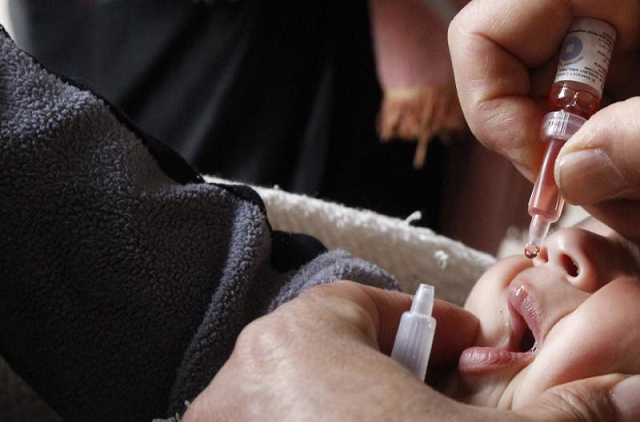
The WHO said there was one confirmed case -- a six-year-old boy with lower limb weakness from Morobe province -- with the disease detected in late April, and paralysis associated with the virus confirmed in May.
The US Centers for Disease Control and Prevention said the same virus was also isolated from stool specimens of two healthy children in the same community, "representing an outbreak", the WHO added.
Two members of polio monitoring team gunned down in Mohmand Agency
"We are deeply concerned about this polio case in Papua New Guinea, and the fact that the virus is circulating," PNG's Health Secretary Pascoe Kase said in a statement Monday.
Rural areas reeling in fight against polio
"Our immediate priority is to respond and prevent more children from being infected."
Steps taken to stop the spread of the highly contagious, crippling disease include conducting large-scale immunisation campaigns and strengthening surveillance systems that help detect it early.
PNG has not had a case of the disease since 1996, and was certified as polio-free in 2000 along with the rest of the WHO's Western Pacific region.
There is low polio vaccine coverage in Morobe province, on PNG's northern coast, with only 61 percent of children receiving the recommended three doses, the WHO said.
The international body added that inadequate sanitation and hygiene were also issues in the area.
Reservoir for virus: PM’s focal person on polio monitors campaign in twin cities
The WHO said the region's isolation and the planned immunisation activities meant the risk of the virus spreading to other countries was low.
Affecting mostly children under the age of five, polio -- which has no cure and can only be prevented by giving a child multiple vaccine doses -- can lead to irreversible paralysis.
According to the WHO, the number of polio cases worldwide has fallen by more than 99 percent since 1988, from an estimated 350,000 cases then to 22 reported cases in 2017.
Only three countries -- Afghanistan, Nigeria and Pakistan -- were considered polio-endemic by the WHO in March.





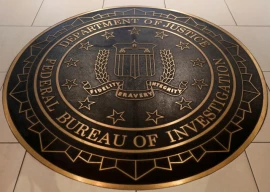
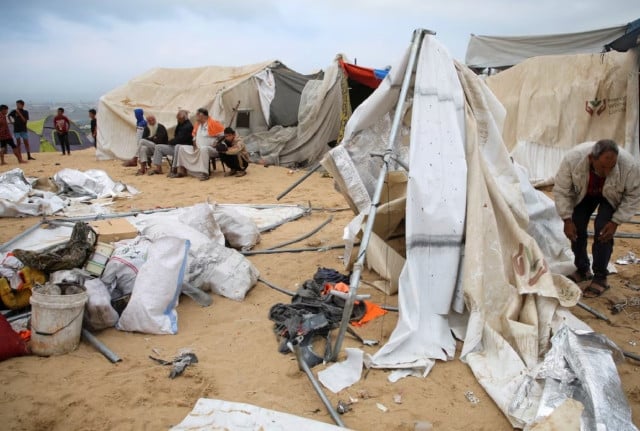
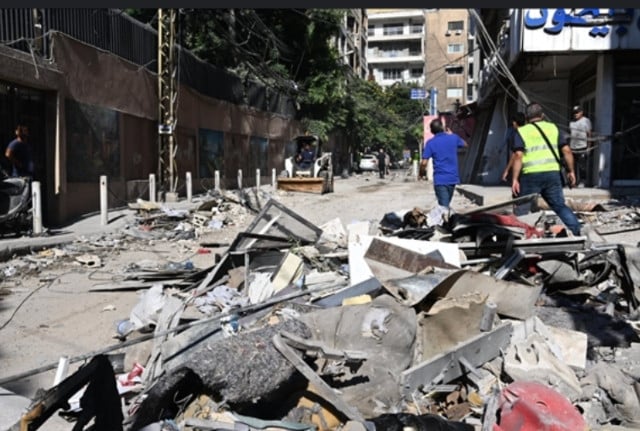


1729078202-0/Untitled-design-(15)1729078202-0-270x192.webp)
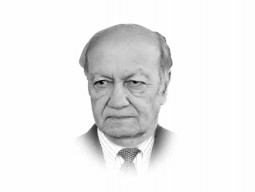





COMMENTS
Comments are moderated and generally will be posted if they are on-topic and not abusive.
For more information, please see our Comments FAQ